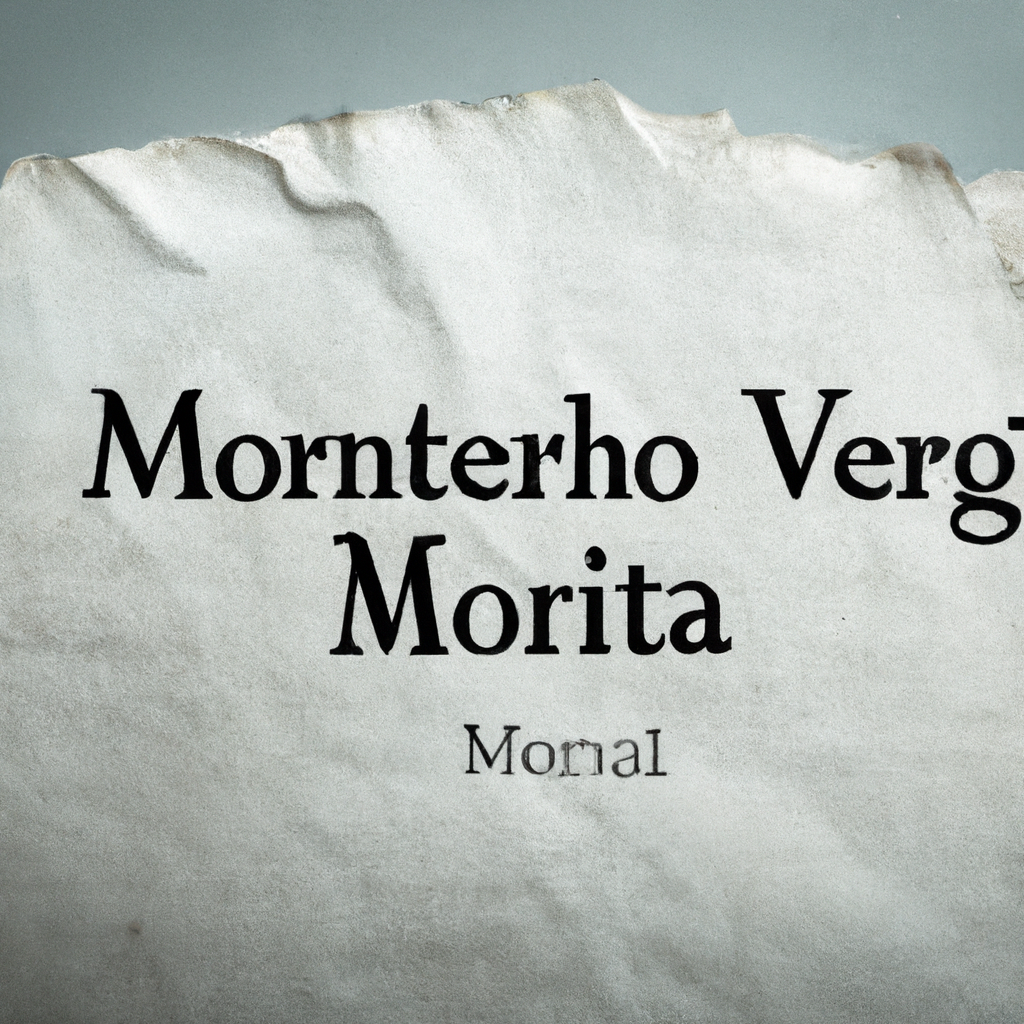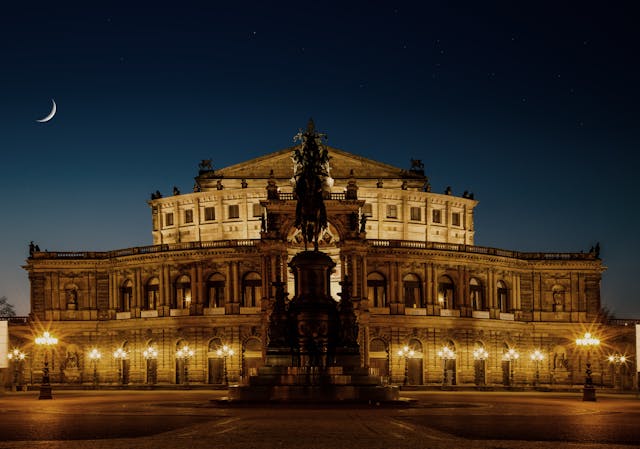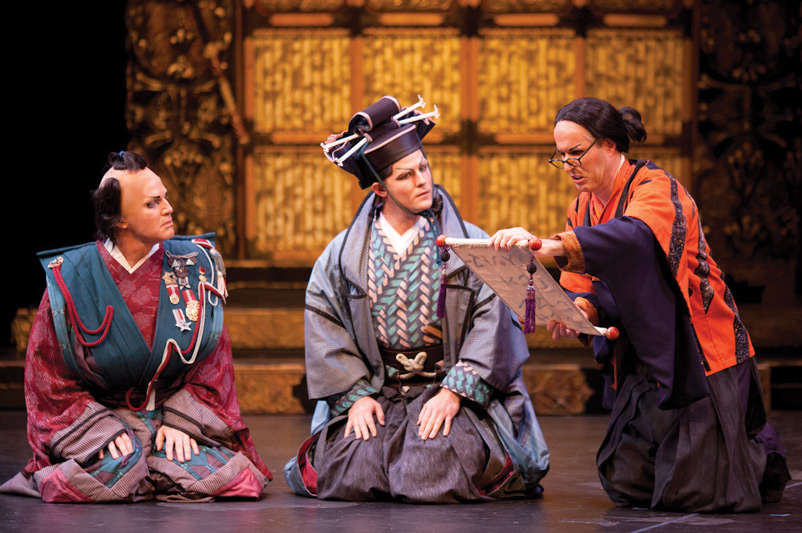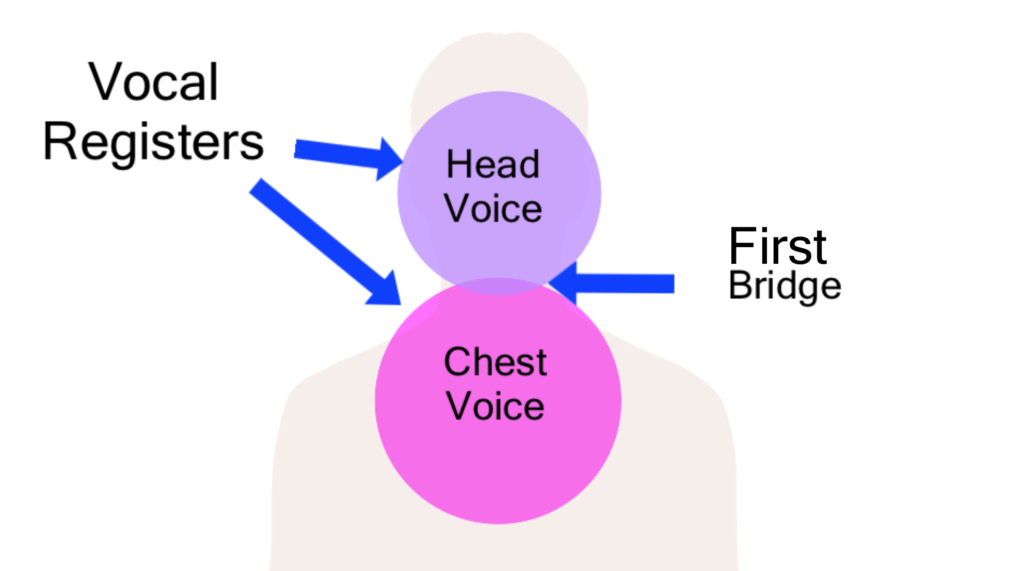The Beginnings of Opera: Monteverdi and the Birth of a Genre
Opera has a rich history that dates back to the late 16th century with the works of composer Claudio Monteverdi. Monteverdi’s seminal work, “L’Orfeo,” is often considered one of the first true operas. The combination of music, drama, and spectacle in “L’Orfeo” laid the foundation for what would become a beloved and enduring art form.
The Baroque Era: Opera as Grand Spectacle
During the Baroque period, opera flourished as a form of grand spectacle. Composers like Handel and Purcell created elaborate operas with intricate plots, stunning costumes, and elaborate sets. The development of the da capo aria, with its repeated sections and intricate vocal ornamentation, became a hallmark of Baroque opera.
The Classical Period: Mozart and the Golden Age of Opera
The Classical period saw the rise of opera buffa (comic opera) and opera seria (serious opera). Mozart, a master of both genres, composed timeless works such as “The Marriage of Figaro,” “Don Giovanni,” and “The Magic Flute.” These operas combined beautiful melodies, complex characters, and compelling storytelling, solidifying Mozart’s reputation as one of the greatest opera composers of all time.
The Romantic Era: Opera as Expressive Drama
The Romantic period brought a new level of emotional intensity to opera. Composers like Verdi, Wagner, and Puccini pushed the boundaries of the art form, creating operas that delved deep into the human psyche and explored themes of love, loss, and redemption. Works like “La Traviata,” “Tristan und Isolde,” and “Madama Butterfly” are still performed to great acclaim today.
Modern Opera: Innovation and Experimentation
In the 20th and 21st centuries, opera has continued to evolve and expand, with composers pushing the boundaries of what is possible on the operatic stage. Minimalist operas, experimental works, and multimedia productions have all found a place in the modern opera repertoire. While traditional operas still hold a special place in audiences’ hearts, the art form continues to reinvent itself, remaining relevant and vibrant in the contemporary world.
The Enduring Legacy of Opera
From Monteverdi to modern masterpieces, opera has captivated audiences for centuries with its combination of music, drama, and spectacle. The history of opera is a rich tapestry of innovation, creativity, and emotion, with each era leaving its own unique mark on the art form. Whether experiencing the grandeur of a Baroque opera or the emotional depth of a Romantic masterpiece, opera continues to enchant and inspire audiences around the world. As we look to the future, one thing is certain: the legacy of opera will endure, shaping the cultural landscape for generations to come.



